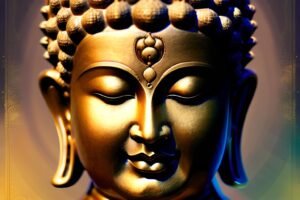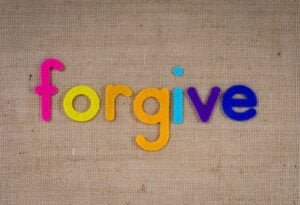At first glance, self-discipline and freedom might appear as two opposing concepts. Isn’t freedom all about following your heart’s desires without restraints, while self-discipline involves restraint, rules and order? Well, prepare for a paradigm shift. These two seemingly contrasting ideas can indeed work in harmony. In fact, self-discipline can be the key to unlocking the door to your freedom. Let’s explore how.
Understanding the Nature of Freedom
When we think of freedom, we often imagine a life devoid of restrictions and boundaries – an open road that allows us to roam wherever we want. However, total freedom without any structure can lead to chaos and aimlessness. Freedom isn’t just about having endless choices; it’s about making decisions that lead to our personal growth and happiness. Now, ask yourself, what enables you to make these decisions effectively? The answer is self-discipline.
The Power of Self-Discipline
Self-discipline is all about control, but not in the restrictive sense. It is about having control over your actions, your decisions, and ultimately, your life. It’s the ability to do what you know is right, even when it’s the harder choice. Self-discipline is what enables us to resist immediate gratification in favour of long-term benefits. It allows us to establish healthy habits, pursue our goals relentlessly, and make decisions that align with our values and aspirations.
Self-Discipline: The Bridge to Freedom
In essence, self-discipline acts as the bridge between our goals and their accomplishment. It gives us the freedom to make choices that lead us closer to our dreams, even when those choices are tough or uncomfortable. With self-discipline, we can resist distractions and temptations that divert us from our path. We gain the power to follow through on our commitments, leading to success and satisfaction.
Cultivating Self-Discipline
Cultivating self-discipline is a journey that requires consistent effort. Start with small actions like establishing a daily routine or setting and achieving minor goals. Practice makes progress, and over time, you’ll find that discipline becomes a habit rather than a chore.
The Freedom of Mastery
Ultimately, self-discipline can lead to mastery – whether it’s mastery of a skill, a profession, or just managing your daily tasks efficiently. This mastery brings about a unique type of freedom. It’s the freedom that comes from being in control of your life, of knowing you’re steering your ship rather than being tossed about by the waves of circumstance.
Reflective Quiz: Are You Embracing the Freedom That Comes with Self-Discipline?
This quiz is designed to help you reflect on how well you’re integrating self-discipline and freedom in your life. For each question, rate yourself on a scale of 1 (never) to 5 (always).
- Do you set clear goals for yourself and stick to them despite challenges or distractions?
- Do you exercise control over your actions, even when faced with tempting distractionsor immediate gratification?
- Do you consider the long-term implications of your actions and decisions, rather than just short-term gains?
- Do you maintain healthy habits (like regular exercise, balanced diet, adequate sleep) even when it feels inconvenient or difficult?
- Do you follow through on your commitments, even when they require effort and sacrifice?
- Do you practice self-control in areas like spending, eating, and usage of time?
- Do you see discipline as a path to personal mastery and freedom, rather than as a restriction?
- Are you actively working on improving your self-discipline?
Reflect on your responses and consider where there might be room for improvement. Embrace self-discipline not as a burdensome constraint, but as a powerful tool that can guide you towards the freedom you seek.
Suggestions for Improvement
- Begin by setting small, achievable goals that align with your values and aspirations. Over time, as you meet these goals, you’ll find your self-discipline improving.
- Cultivate habits that support your self-discipline. This could mean establishing a daily routine, adopting healthier eating habits, or dedicating time for regular exercise.
- Practice mindfulness. By being present in the moment, you can make more conscious choices that reflect your long-term goals rather than immediate impulses.
- Don’t be too hard on yourself.
- Remember, self-discipline is a journey, not a destination. Celebrate your progress, learn from your setbacks, and continue to strive for improvement.
In this journey, self-discipline truly becomes the bridge to your freedom.
Breaking My Addictions Summary
True freedom isn’t about living without restrictions; it’s about being able to make choices that lead to growth and happiness. Self-discipline is the key to this kind of freedom. It’s about exercising control, not being controlled. By practicing self-discipline, you can make decisions that align with your goals and values, leading to personal mastery and real freedom. Start today by making small changes and watch how the powerful blend of self-discipline and freedom can transform your life.













